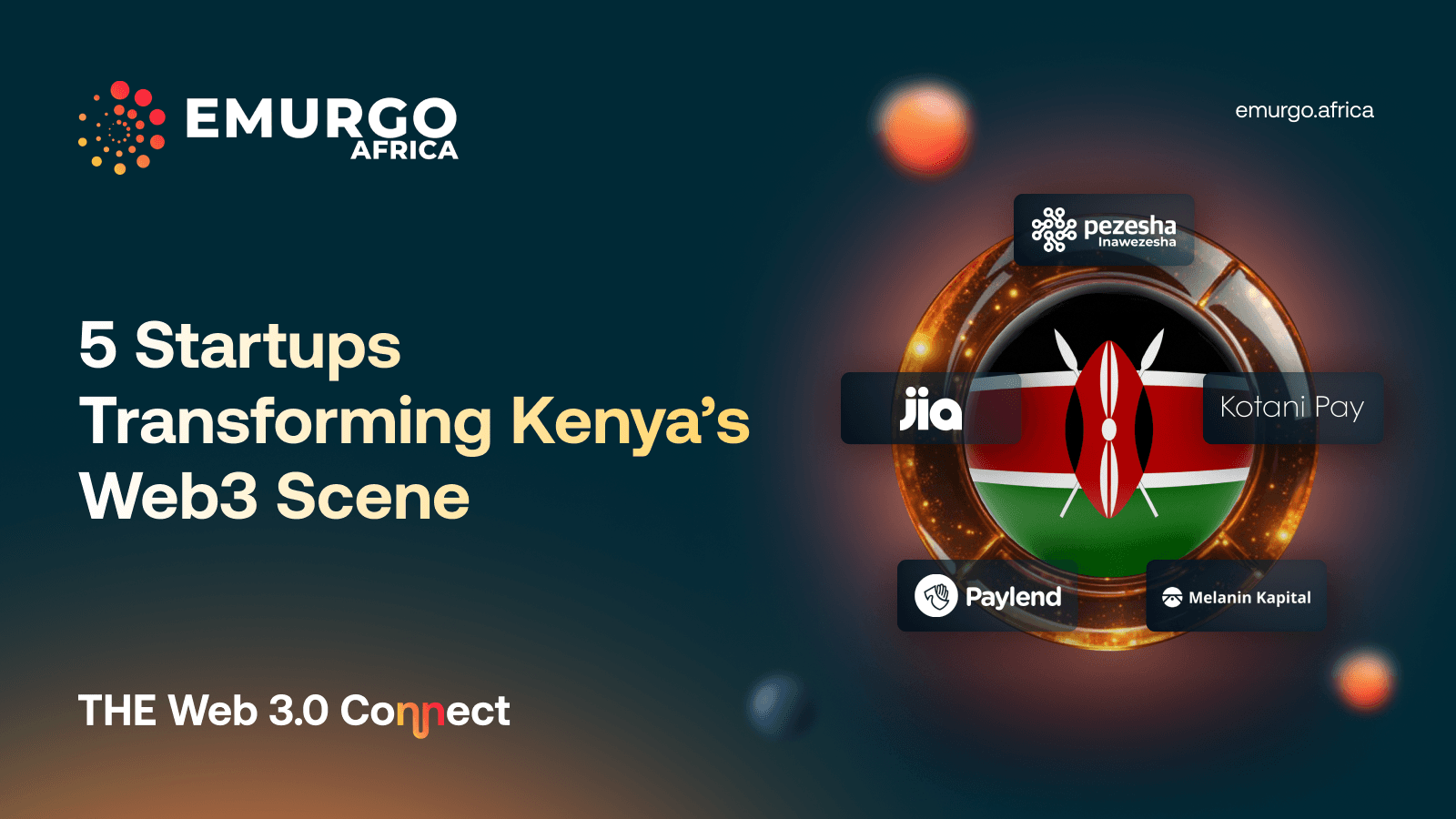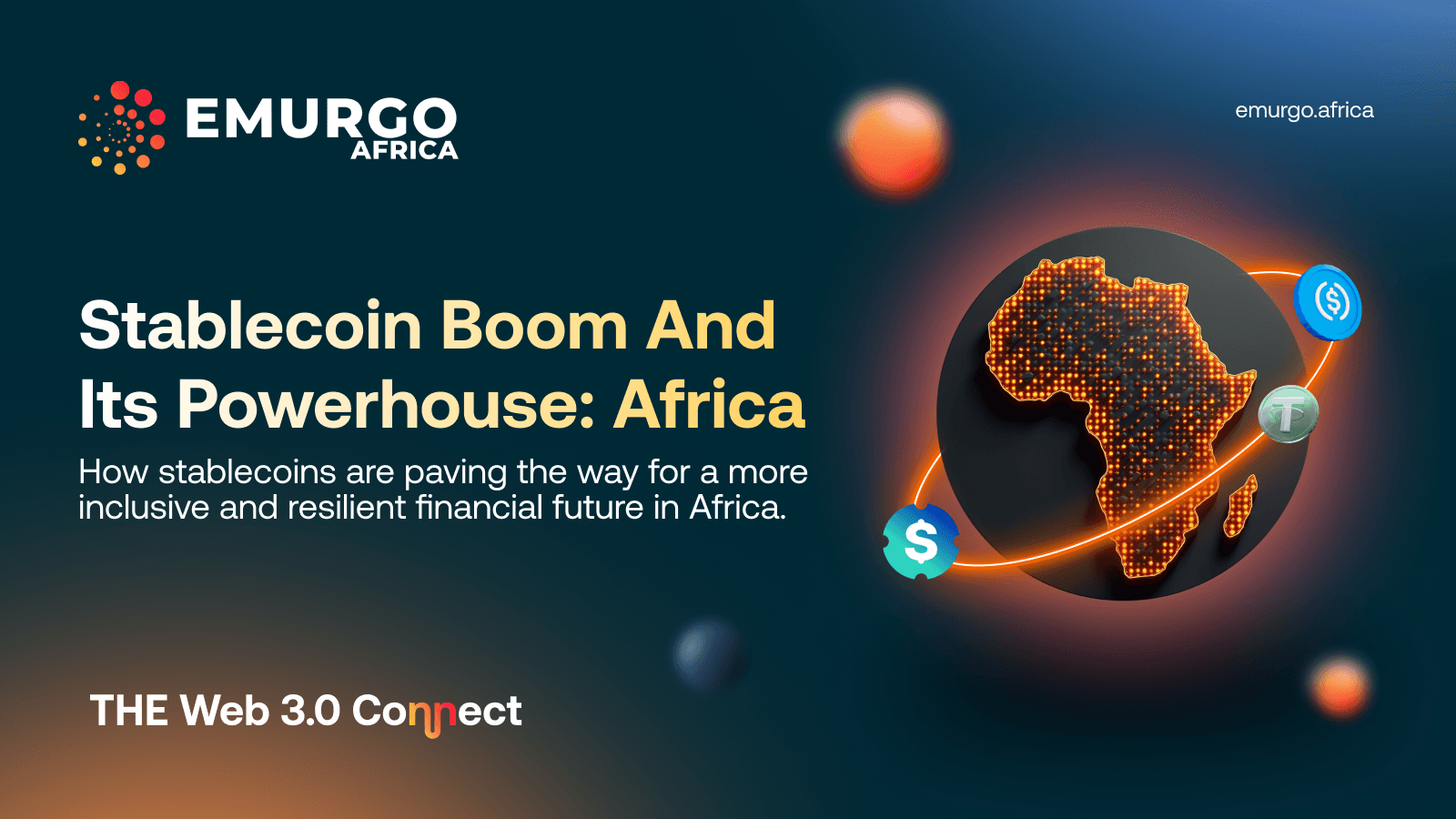By Shogo Ishida, Yosuke Yoshida Co-CEOs, EMURGO Africa
The Web3 business in Morocco is in a state of flux. While the public interest in crypto is surging in Africa’s fifth biggest economy, the official stance remains ambiguous, presenting both obstacles and potential opportunities. A proposed draft law offers a glimmer of hope for future development, but its details and implementation timeline will be crucial factors.
Key Takeaways
- Morocco has made attempts to officially introduce laws to govern crypto trade.
- Crypto industry is recording enormous growth despite regulatory hurdles.
Morocco is Making Efforts to Regulate its Web3 Industry
Morocco was the first North African country to ban cryptocurrency. In 2017, the Moroccan central bank known as the Bank Al-Maghrib (BAM), cited significant risks for users when it placed a permanent ban. However, in 2022, the Moroccan government exhibited strong efforts at creating a regulatory framework for crypto business in the country. Here’s how the central bank has been warming up to regulation:
March 2022: Moroccan officials reportedly contact the International Monetary Fund (IMF) and the World Bank and the central banks of Sweden, France and Switzerland to investigate their experiences and methods used to regulate crypto-related activities. This signals a potential shift from a complete ban to a more nuanced approach.
June 2022: BAM announces plans to unveil a Cryptocurrency Regulation Bill. This marks a turnaround from the hardline stance that Morocco had taken against crypto trade. BAM says it will work with the World Bank and IMF to do so.
August 2022: Morocco’s capital markets regulator, the Moroccan Capital Authority (AMMC) announces plans to launch a fintech portal on its website to “support market players in their projects and promote the development of new technologies that will help transform the financial sector.” This signals the regulator’s willingness to embrace innovations within the financial services industry, including cryptocurrencies.
December 2022: During a press conference, central bank governor Abdellatif Jouahiri announces that work on creating a crypto regulatory framework is now complete. A crypto bill is expected to be presented to fintech stakeholders. “For cryptocurrencies, I can assure you that the project is ready. We worked with the World Bank…to make it happen,” he said.
While Morocco still officially bans cryptocurrencies, the government is actively exploring ways to Morocco them. This could create a more open and secure environment for crypto users in the future. However, the exact timeline and specifics of the regulations remain uncertain.
This North African nation’s journey in the realm of crypto regulation is indicative of a broader global trend, where countries are increasingly acknowledging the importance of integrating and regulating cryptocurrencies.
Morocco’s approach in 2024 is expected to demonstrate a commitment to harnessing the potential of digital currencies while addressing the associated risks and uncertainties. This year, Morocco’s cryptocurrency regulation is expected to focus on four key areas:
- Official recognition: Cryptocurrencies could transition from banned assets to legally recognized entities within the financial system.
- Consumer safeguards: Measures to protect users from fraud, scams, and market volatility are likely to be implemented.
- Financial security: Anti-money laundering (AML) protocols will aim to curb illicit activities involving cryptocurrencies.
- Innovation hub: Fostering a supportive environment for fintech companies specializing in digital currencies is anticipated.
Morocco’s Crypto Industry Soldiers on Despite Regulation Hurdles
While there's no formal recognition or regulation, the crypto industry in Morocco is experiencing growth through several channels.
Indicators of Growth:
- High Adoption Rate: Despite the ban, Morocco ranks among the top 20 countries globally in cryptocurrency adoption. After Nigeria, Chainalysis ranks Morocco as the second country with the highest crypto adoption rate in Africa in its 2023 report. According to a study by finance website Insider Monkey, Morocco demonstrates a significant interest in cryptocurrencies, ranking 13th on the list. As of 2022, 4.9% of the total population (1.9 million people) owned some form of cryptocurrency. This suggests widespread interest and usage despite legal restrictions.
- Peer-to-Peer Trading: While official exchanges are absent, peer-to-peer (P2P) trading platforms flourish, showcasing ongoing activity and demand for crypto. Morocco’s crypto transaction volumes rose by 120% in 2022, according to Chainalysis. In 2023, Morocco had the highest crypto transaction value in North Africa.
- Startup Presence: Morocco boasts a growing number of fintech startups focused on blockchain and crypto-related solutions, indicating entrepreneurial interest in the space in recent years. Some of these startups include:
- Coineium: Offers a decentralized payment network and cryptocurrency. It features a hybrid system enabling users to engage in trading, exchanging, and investing in its digital currency, which can also be utilized for online payments. The platform includes a decentralized trading and exchange interface equipped with built-in trading tools.
- Soluna: Integrates blockchain to streamline energy transactions, enhance security, and ensure transparency. It uses smart contracts to facilitate energy transactions between various stakeholders.
- ShellBoxes: It offers blockchain security and development services such as smart contract development and audit, decentralized application (dApp) security and NFT development and integration.
- Riad Money: This is an online cryptocurrency trading and investment platform. It empowers users to engage in trading and investment activities with various digital assets through connections with diverse financial brokers.
- Cryptazar: An automated cryptocurrency trading platform, enabling users to execute purchase and sale transactions at a bank-level standard through advanced trade algorithms. It facilitates transaction monitoring through graphical representation and assesses performance throughout the trading process.
- Atlas Crypto Trade: Delivers solutions for digital asset trading, presenting a robot trading platform designed for the automated execution of cryptocurrency asset trades. The platform extends services encompassing training in cryptocurrency asset trading, crypto-crowding, and dropshipping.
- Mimosa: Provides a platform for users to mint their own NFTs, allowing them to create and tokenize digital assets like artwork, music, collectibles, and even games. The platform is also a marketplace for users to buy, sell, and trade their NFTs.
- Chari: A mobile payment platform that allows users to buy and sell cryptocurrencies. It offers a range of services, including mobile payments, bill payments, and airtime top-ups.
In 2022, Morocco was chosen as the official annual host of the Gitex Africa tech summit, holding the first exhibition in May 2023. At the event, panel discussions were held on general tech and blockchain-based technologies such as cryptocurrencies, NFT and decentralized finance.
The next gathering is scheduled for May 29-31 in Marrakech, and this further signals the country’s growing interest and commitment to exploring the potential of Web3 technologies. It also elevates its position on matters Web3 in Africa.
DISCLAIMER: The information in this content (website or other form) does not represent an offer or commitment to provide any product or service. The analysis, opinions and estimates expressed in this content are those of the respective authors, and may differ from those of EMURGO Africa and/or other EMURGO Africa employees and affiliates. Copying, re-publishing or using this material or any of its contents for any other purpose is strictly prohibited without prior written consent from EMURGO Africa.



